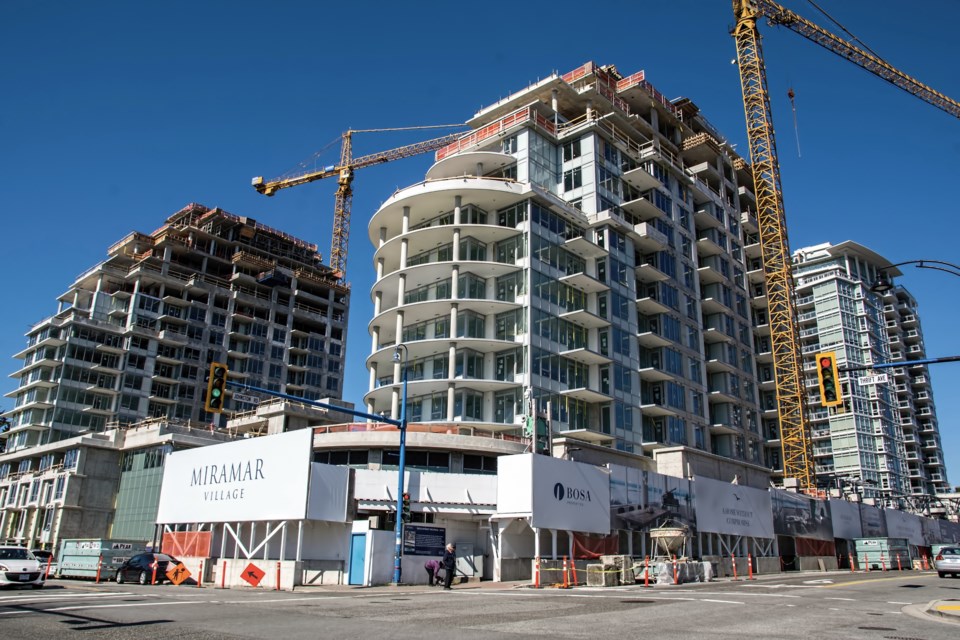British Columbia is poised to weather the economic uncertainty of the COVID-19 better than all other provinces, according to a new report from Deloitte Canada.
“The B.C. economy will be the outperformer, posting the mildest downturn and returning to pre-COVID levels the quickest,” Deloitte Canada chief economist Craig Alexander wrote in a June 25 outlook.
Following up with Business in Vancouver, Alexander said B.C. can still expect a “severe” recession far worse than the Great Recession that unfolded more than a decade ago.
He noted that large parts of the B.C. economy, such as the service sector and hospitality, have been ravaged by the impacts of COVID-19.
“But if we look at the economic contraction and recovery in B.C., I think that you’re likely to find that the contraction is a bit less than the national average,” he said, adding the recovery will also be “a bit stronger” than the national numbers.
The outlook calls for the B.C. economy to contract by about 5 per cent in 2020 before experiencing just over 6% growing in 2021.
Canada, meanwhile, is expected to see its economy contract by 5.9 per cent this year before growing 5.6 per cent in 2021.
“A lot of this has to do with the success that B.C. has had in bending the curve on the number of new infections. B.C.’s done better than other provinces,” Alexander told BIV.
The economist added the province has also acquitted itself in terms of how it handled the initial shutdown and subsequent reopening of the economy.
“B.C. elected to say, ‘Given the type of work that was taking place … that residential construction was actually essential.’ So, it was kept open,” Alexander said, pointing to one example.
“So those sorts of policy decisions combined with a better record in terms of [COVID-19 cases] are why I think B.C. is going to outperform.”
The biggest challenge ahead is the potential for a second wave of COVID-19 to hit Canada, particularly if this leads to more lockdowns, he added.
“So long as this does not occur, and the gradual reopening continues globally,
a recovery should unfold in Canada in the second half of 2020,” the outlook states.
“However, the road to a full recovery, defined as economic activity reaching its pre-COVID-19 level, will take at least six quarters. This is due to continued health risks and the gradual nature of the economic reopening. It will also be hindered by expected weakness in the commodity sector.”
Economists at the Business Council of B.C. (BCBC) last week forecasted the province’s GDP will shrink 7.8 per cent in 2020 — a greater contraction than the 7.3 per cent they predicted in March.
The BCBC also sees the province’s contraction as less pronounced than Canada as a whole, which the council forecasted as shrinking 8% in 2020 if no second wave of COVID-19 hits the country.
If a second wave hits, Canada is looking at a 9.4 per cent decline in real GDP before growing 1.5 per cent next year.
The West Coast economy is, however, forecast to grow 4.8 per cent in 2021, according to the BCBC.



